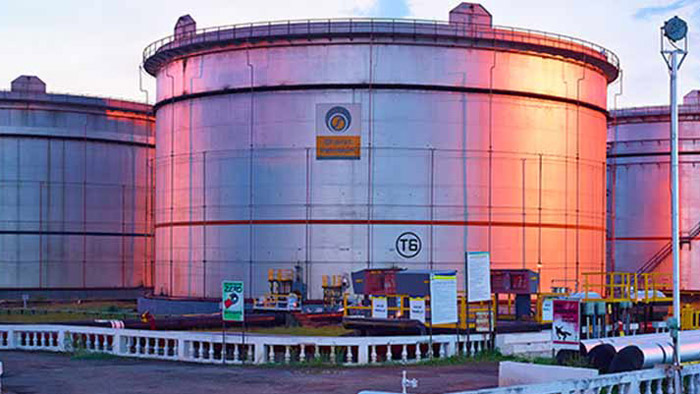
Cabinet approves to divest India’s stake in Bharat Petroleum, four other PSUs
India’s cabinet last week approved to divest the government’s stake in five state-owned companies, so-called public sector units (PSUs), including majority stakes in Bharat Petroleum Corp Ltd (BPCL), Shipping Corporation of India, Container Corporation of India (Concor), Tehri Hydro Development Corp of India, and North Eastern Electric Power Corporation (Neepco).
The government plans to raise a total of INR1.05 trillion (USD14.6 billion) from this divestment proposal. At current market value, the government can raise about INR630 billion (USD8.8 billion) from selling its entire 53.3% stake in BPCL, INR20 billion (USD280 million) from its 63.7% stake in Shipping Corporation of India and INR134 billion (USD1.8 billion) from its 30.8% stake in Concor.
The actual realisation from selling its stake in BPCL could be higher on account of the control premium the government will seek from any strategic investor. According to media reports, international oil companies, including Saudi Aramco which recently launched its initial public offering, are keen on taking a stake in BPCL.
The move aims to narrow the government’s widening budget deficit. The Modi government has set a fiscal deficit target of 3.3% of gross domestic product (GDP) for the current fiscal year (FY). Currently, however, it is projected that the deficit will likely slip to 3.8%, partly due to India’s slowing economy. Union Finance Minister Nirmala Sitharam said that the strategic sales could happen soon.
The BPCL strategic sale will not include the 61.7% stake the company holds in Numaligarh Refinery Ltd. This will be offered to a public sector entity in the oil and gas sector.
Also, the government plans to retain a 24% stake in Concor because it is integrally linked with Indian Railways.
“We don’t really have a very competitive market as yet in this area so therefore it is important the government retains a stake but this is less than 26%,” said Tuhin Pandey, secretary, Department of Investment and Public Asset Management (DIPAM). However, he added that “We intend to make it clear that management control will be unencumbered as far as (a) strategic buyer is concerned.”
The Cabinet Committee On Economic Affairs (CCEA) also approved to reduce the government’s stake in select public sector units to 51%, “while retaining management control on a case-to-case basis, taking into account the government shareholding, and the shareholding of government-controlled institutions.”
The cabinet also approved the Taxation Amendment Bill, which will replace the 20 September ordinance that reduced the corporate tax rate cut to 22%, without any incentives and holidays, and instituted a new 15% rate for greenfield manufacturing. The bill also proposes certain changes to the Income Tax Act, beyond the ordinance, to provide greater clarity on the lower tax regime.
echo '








